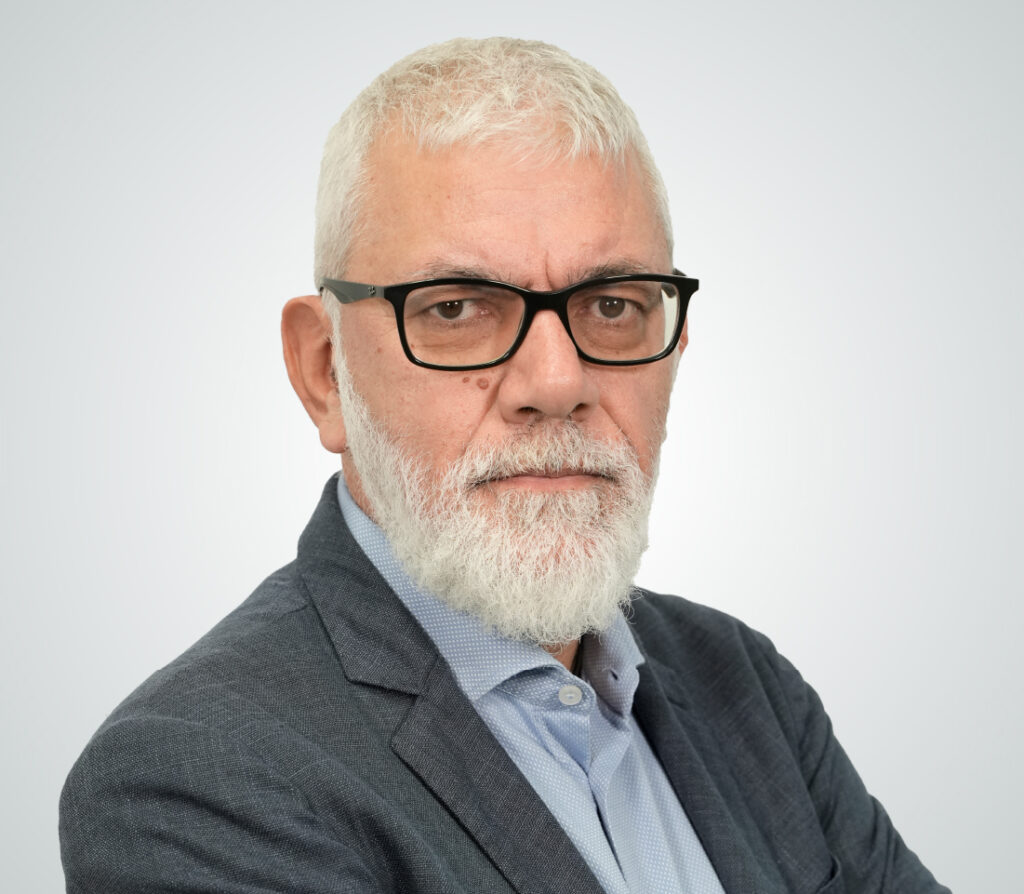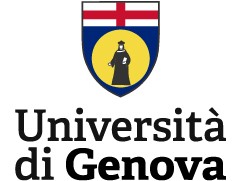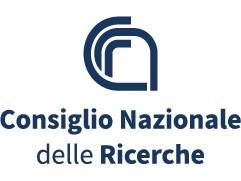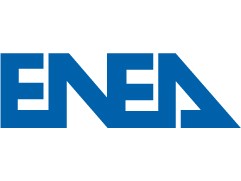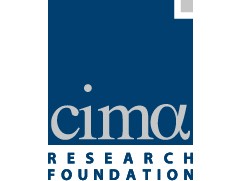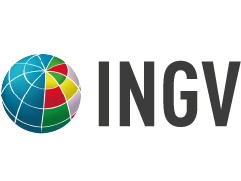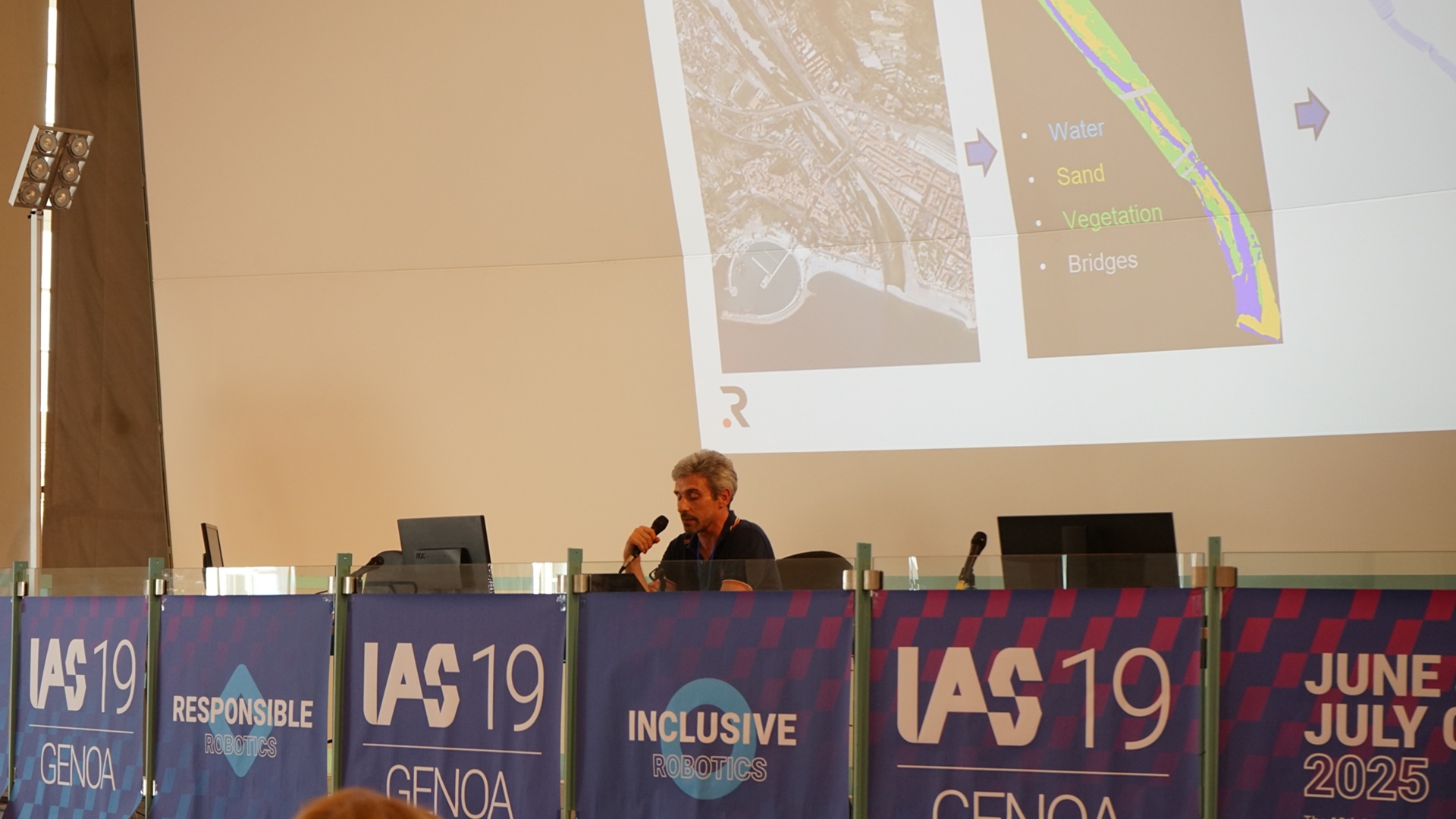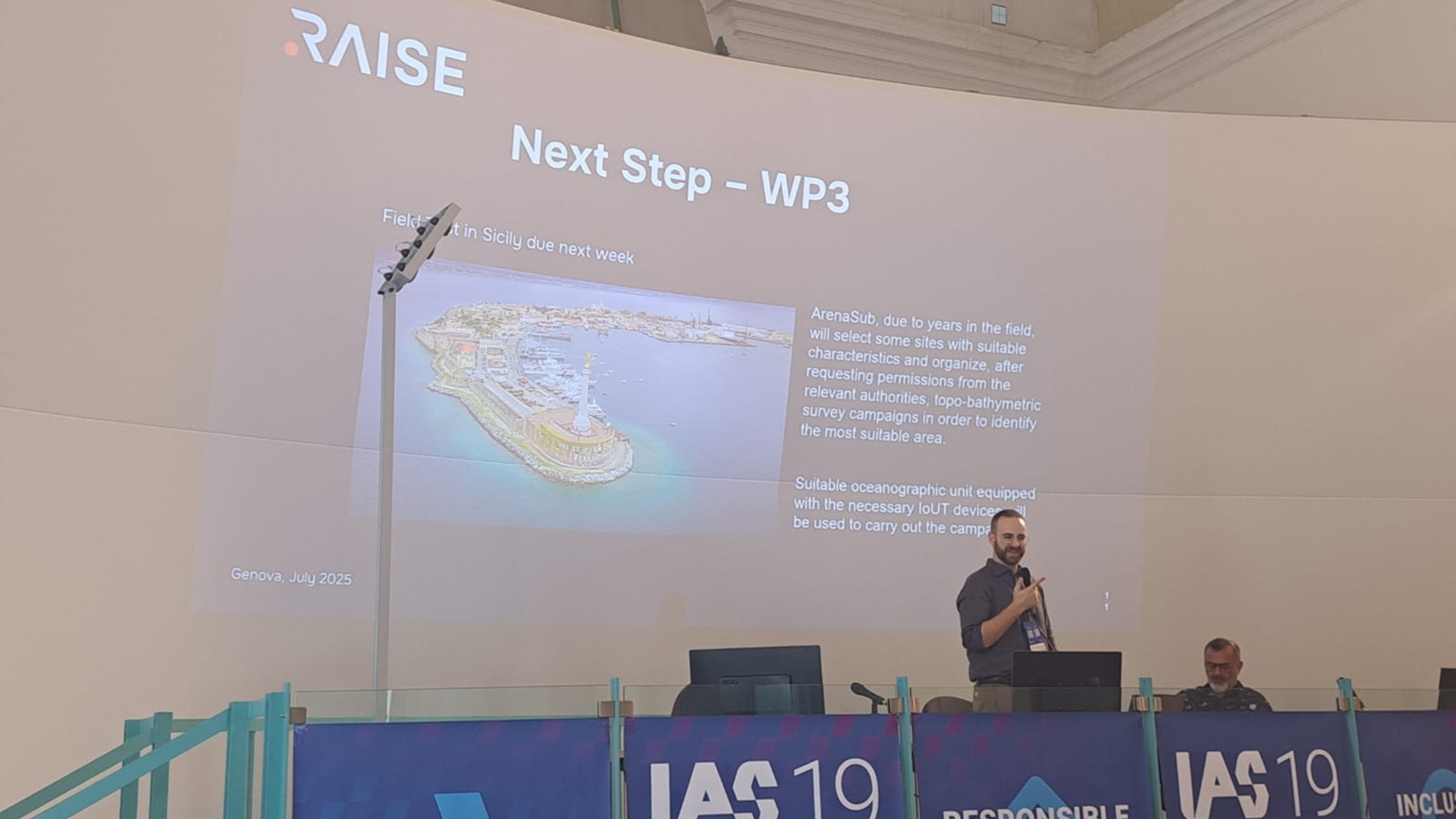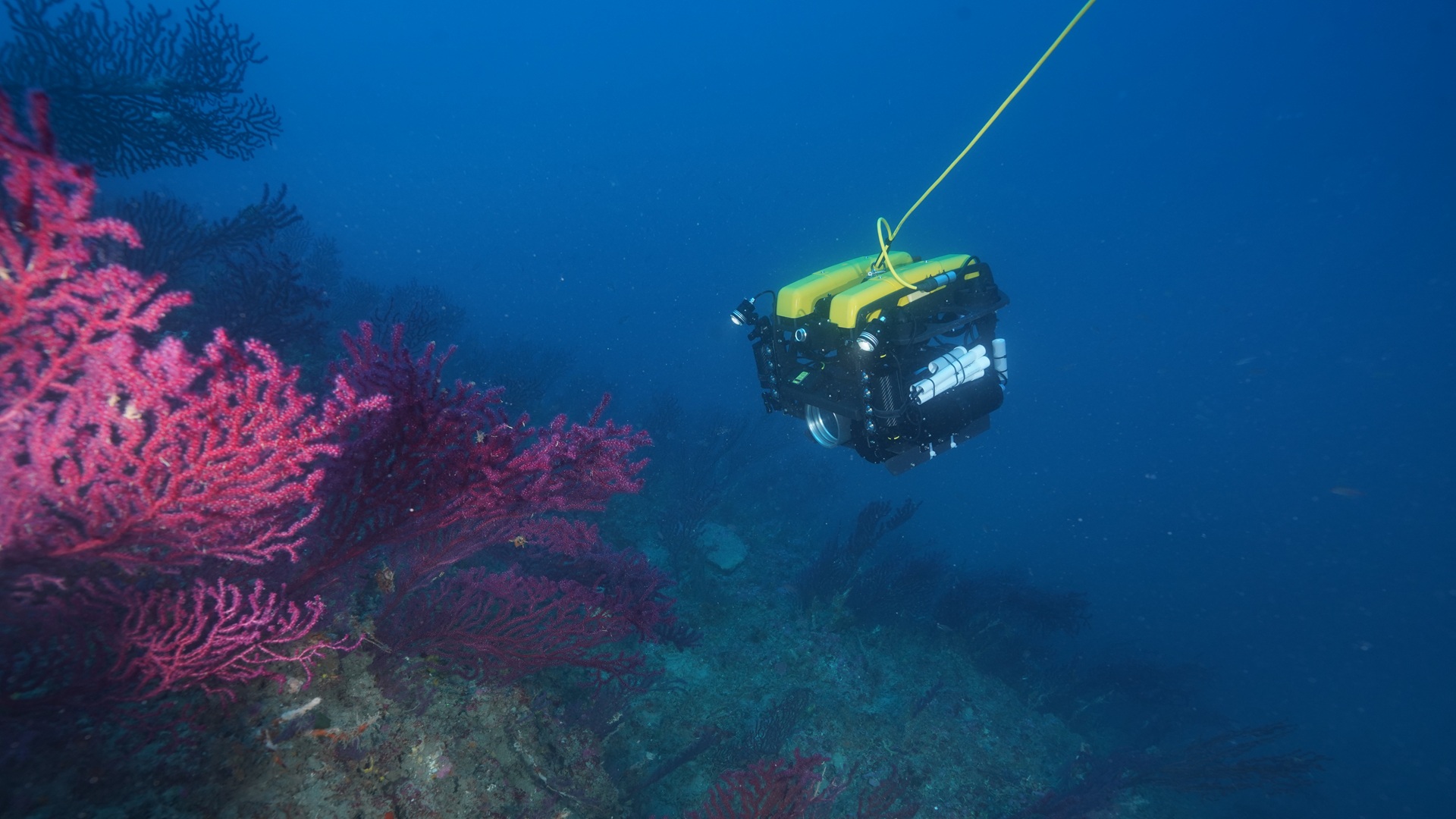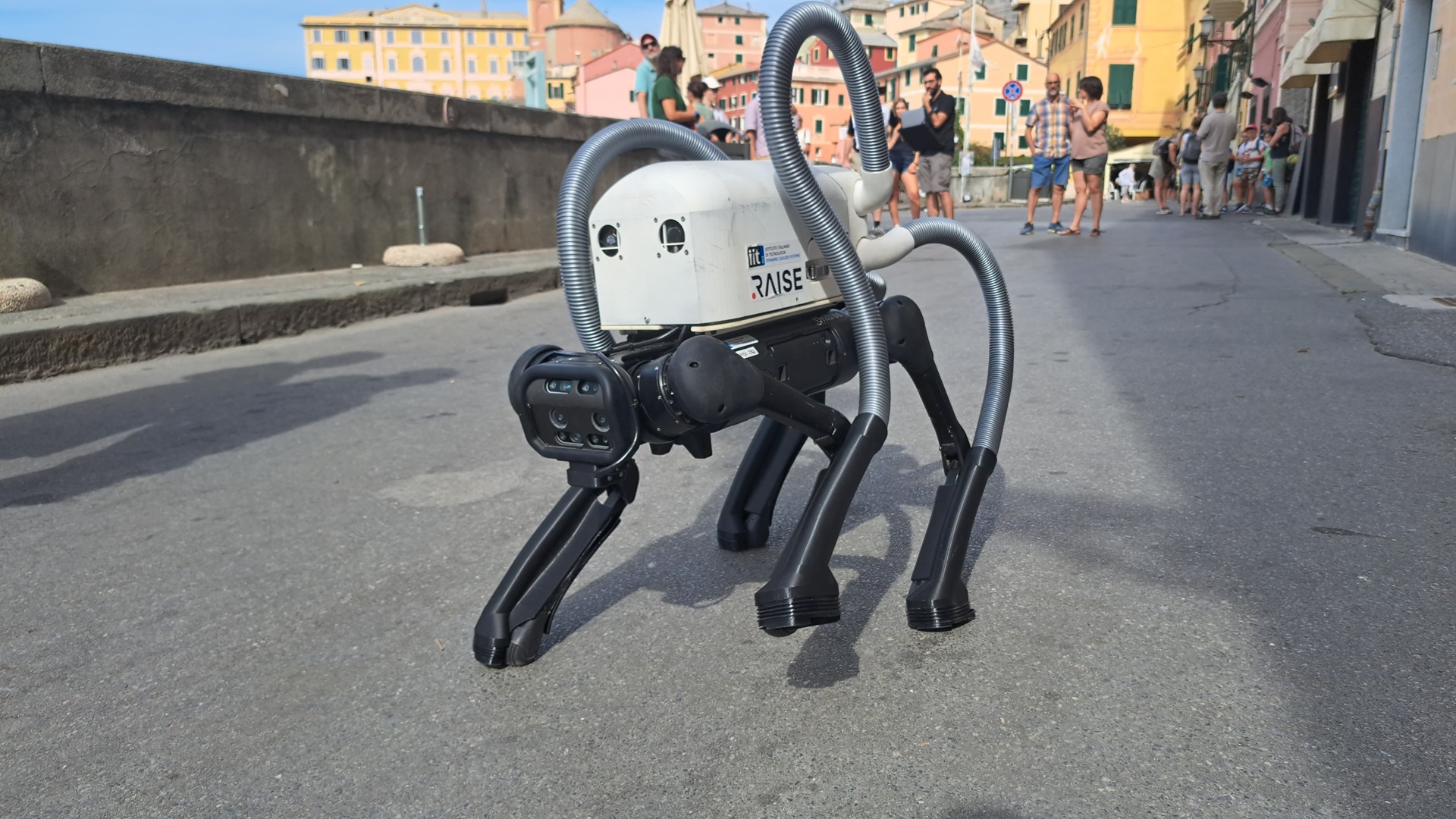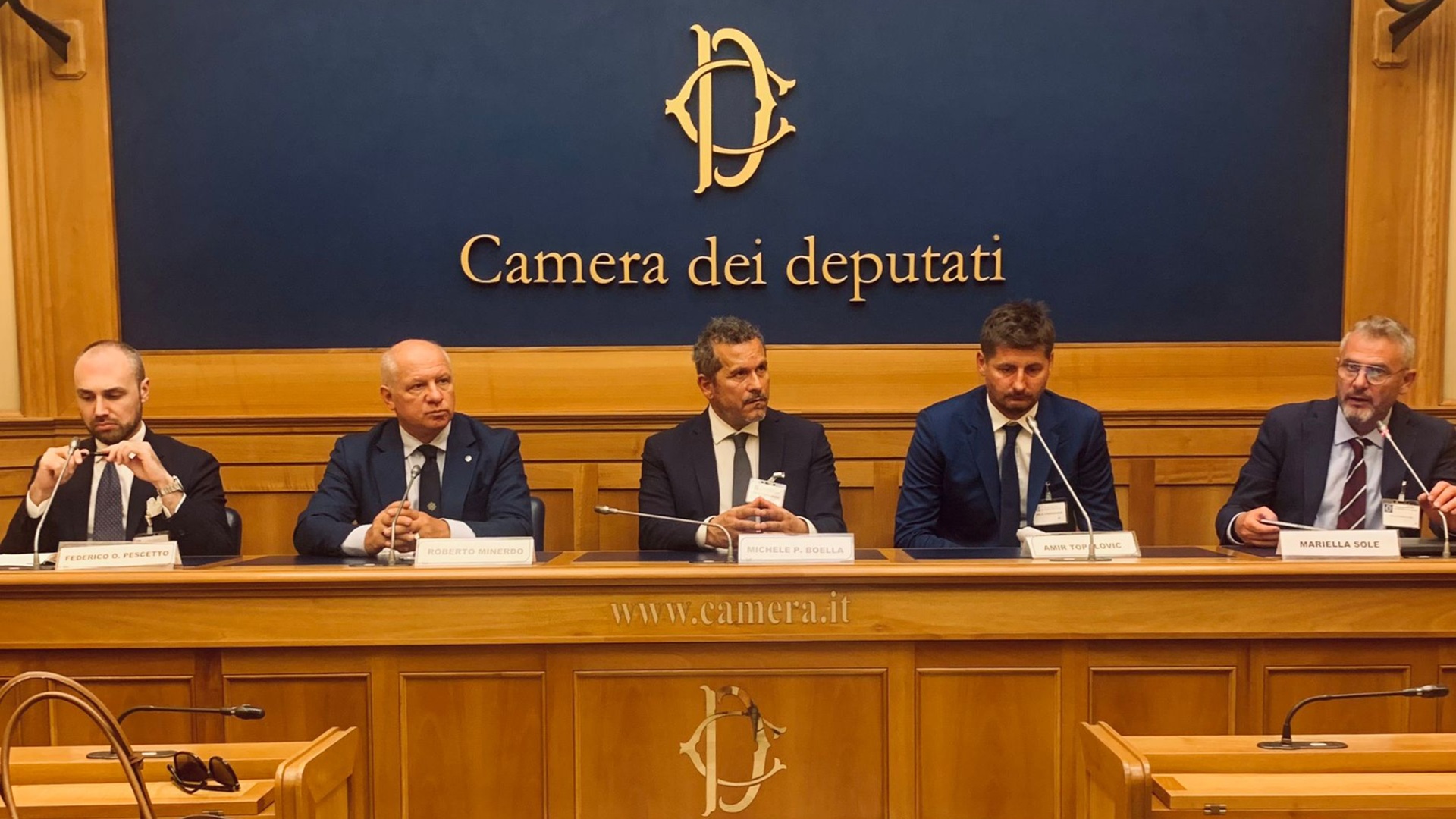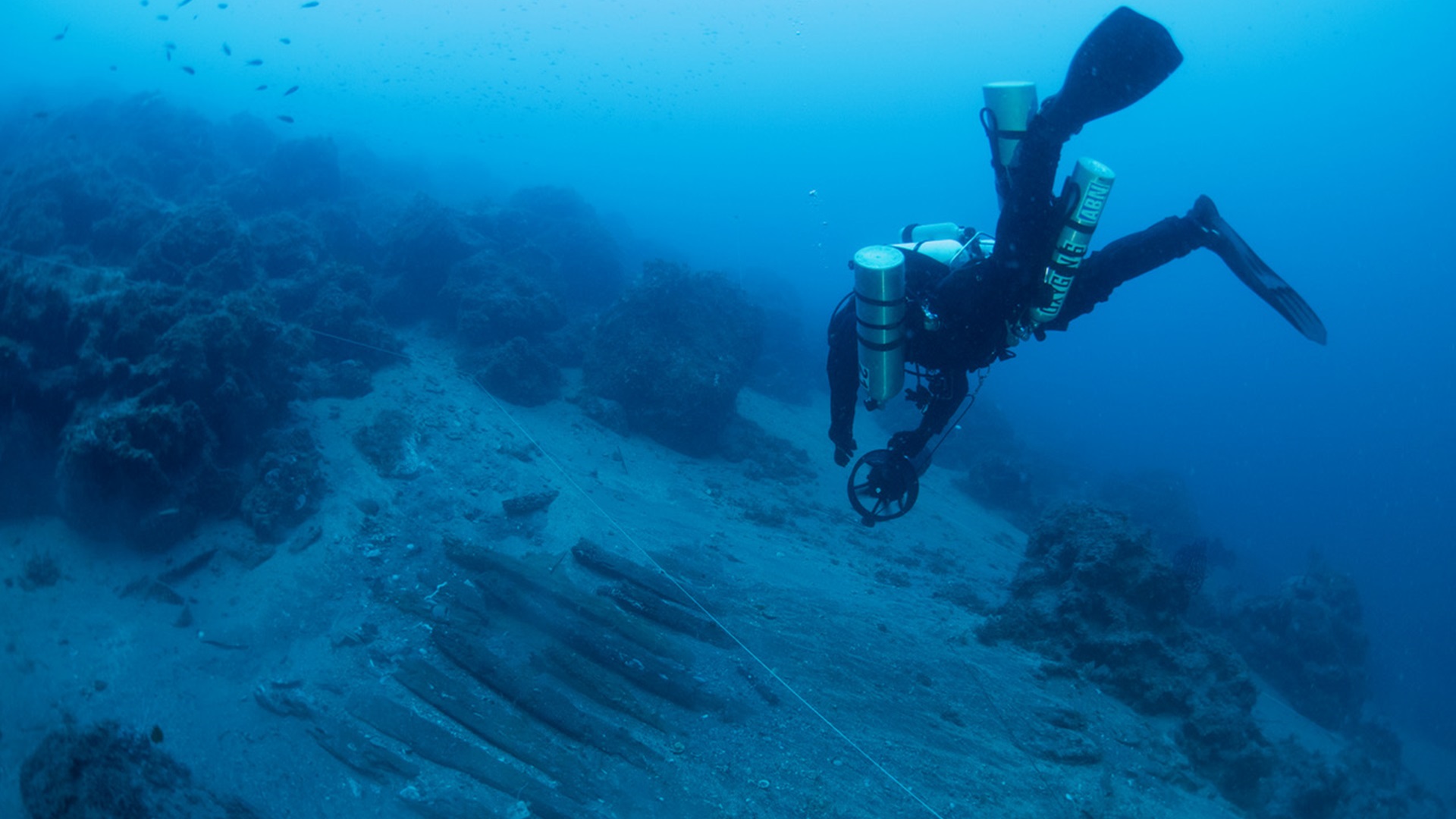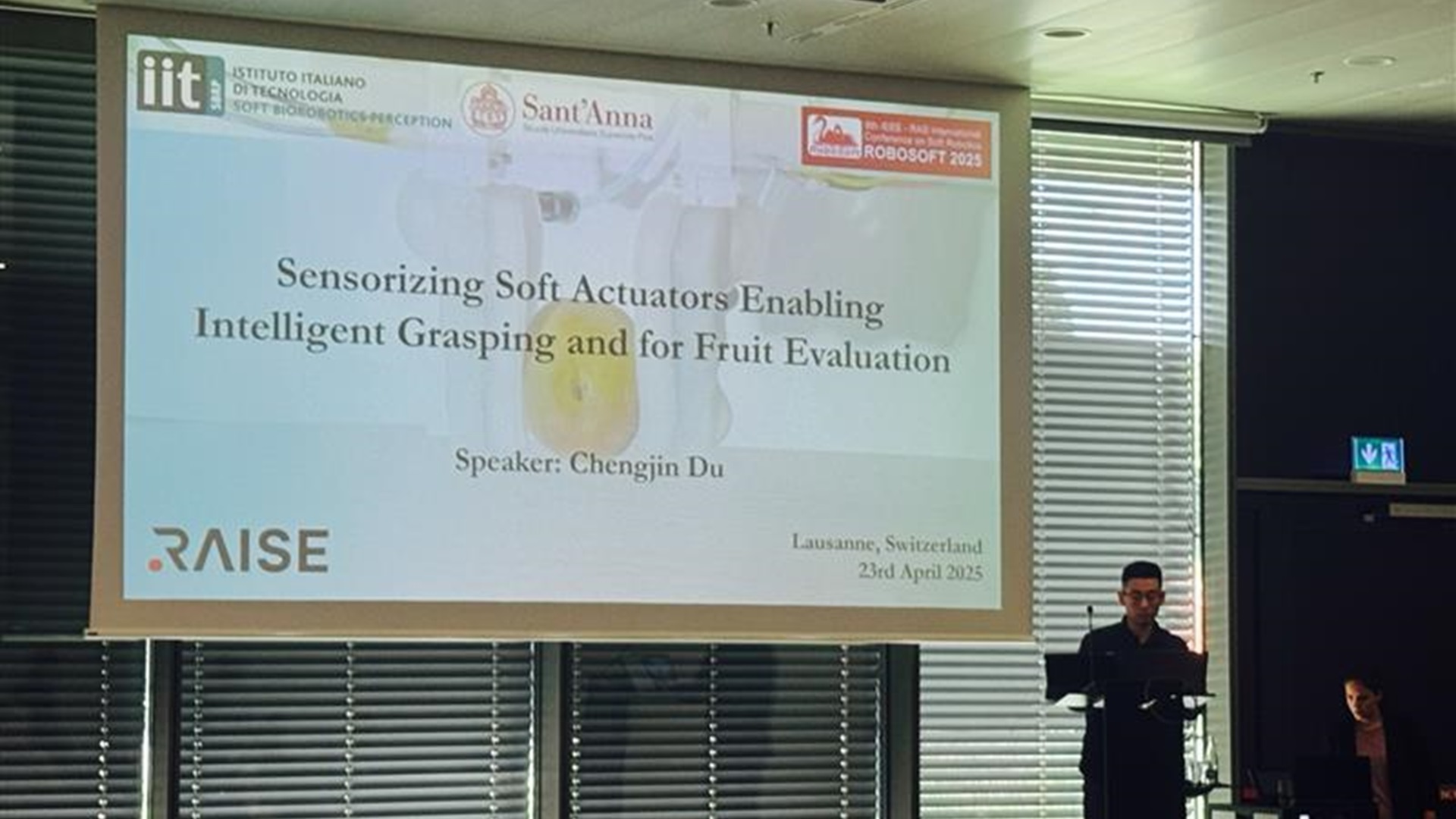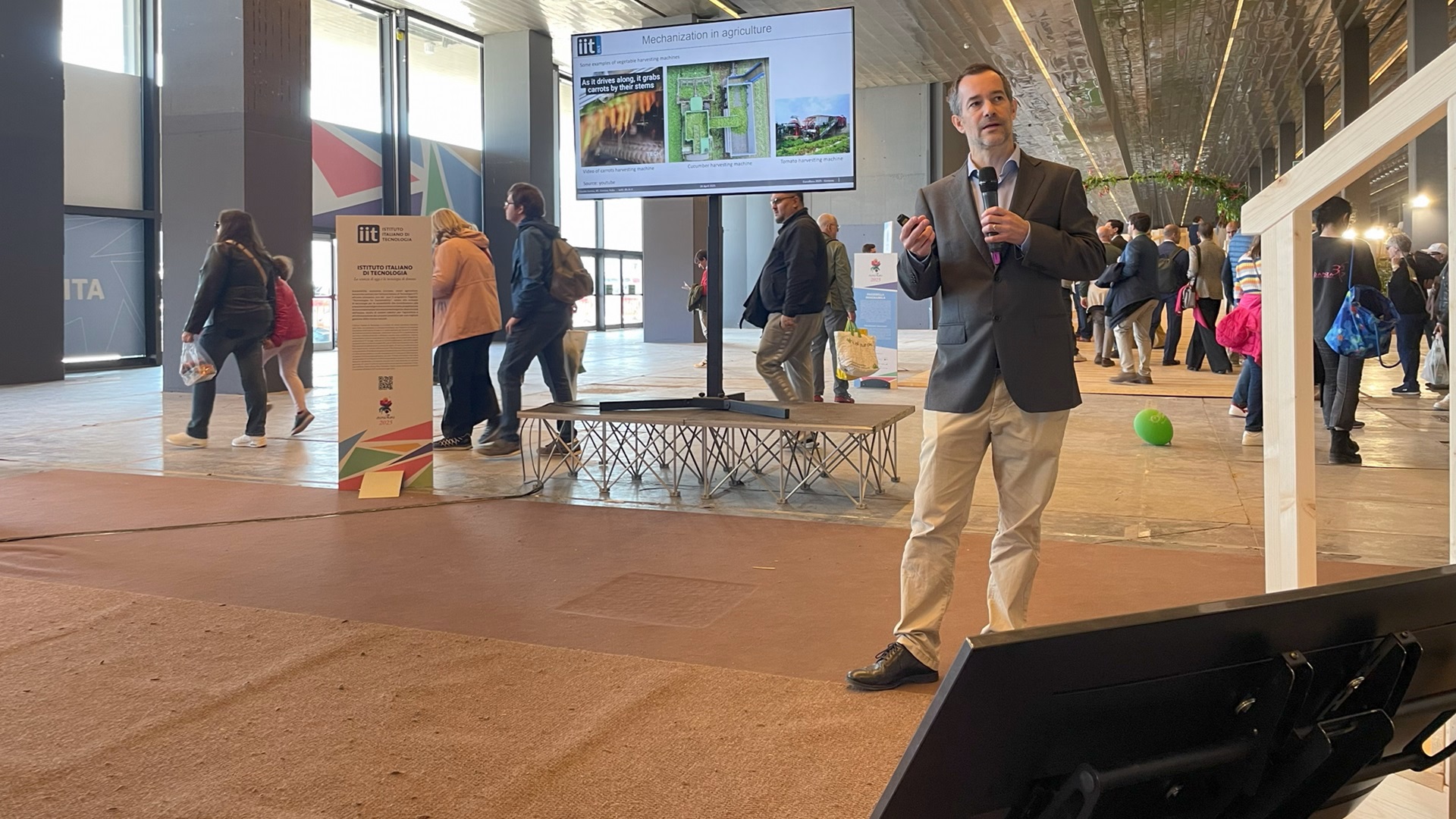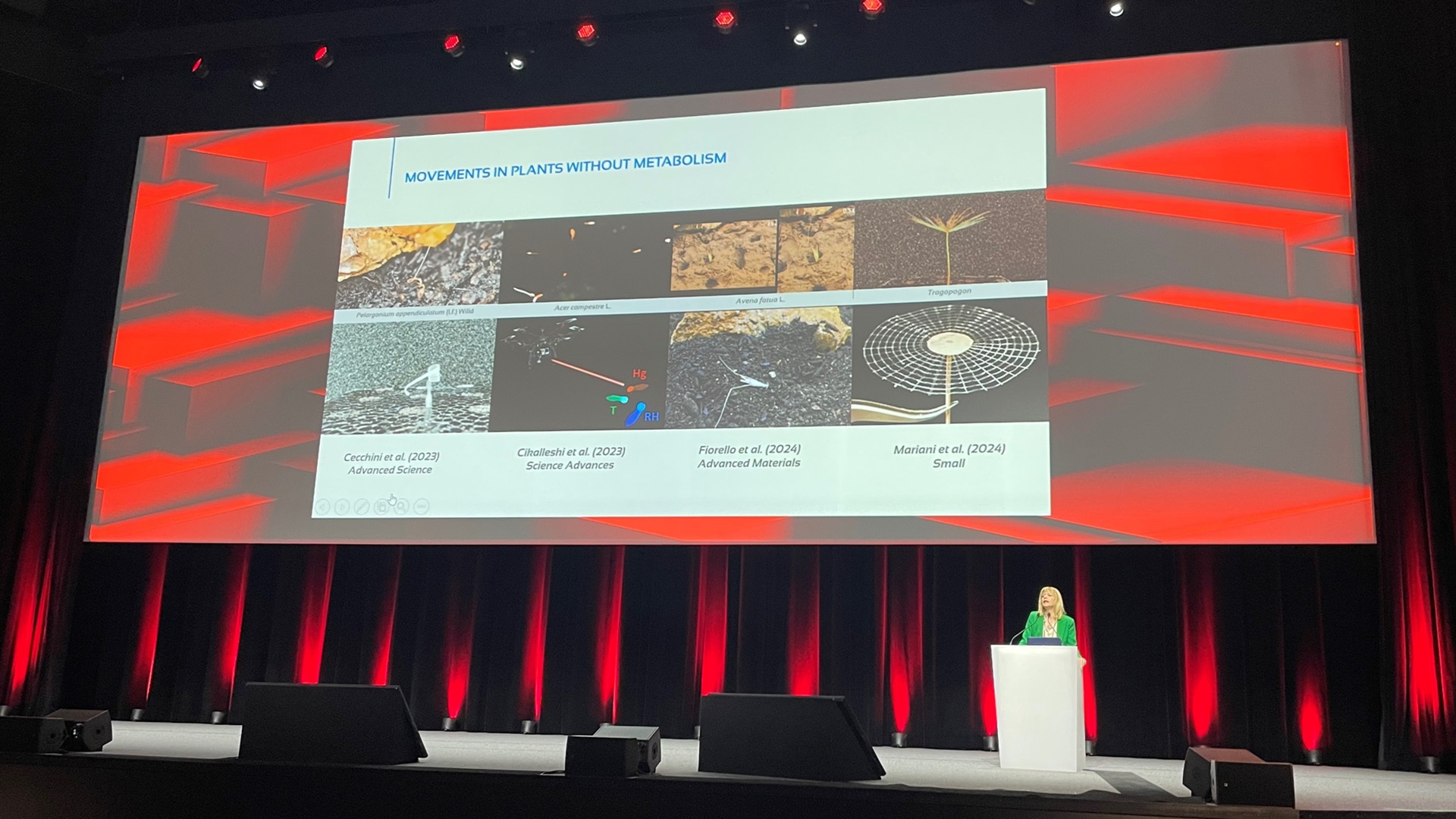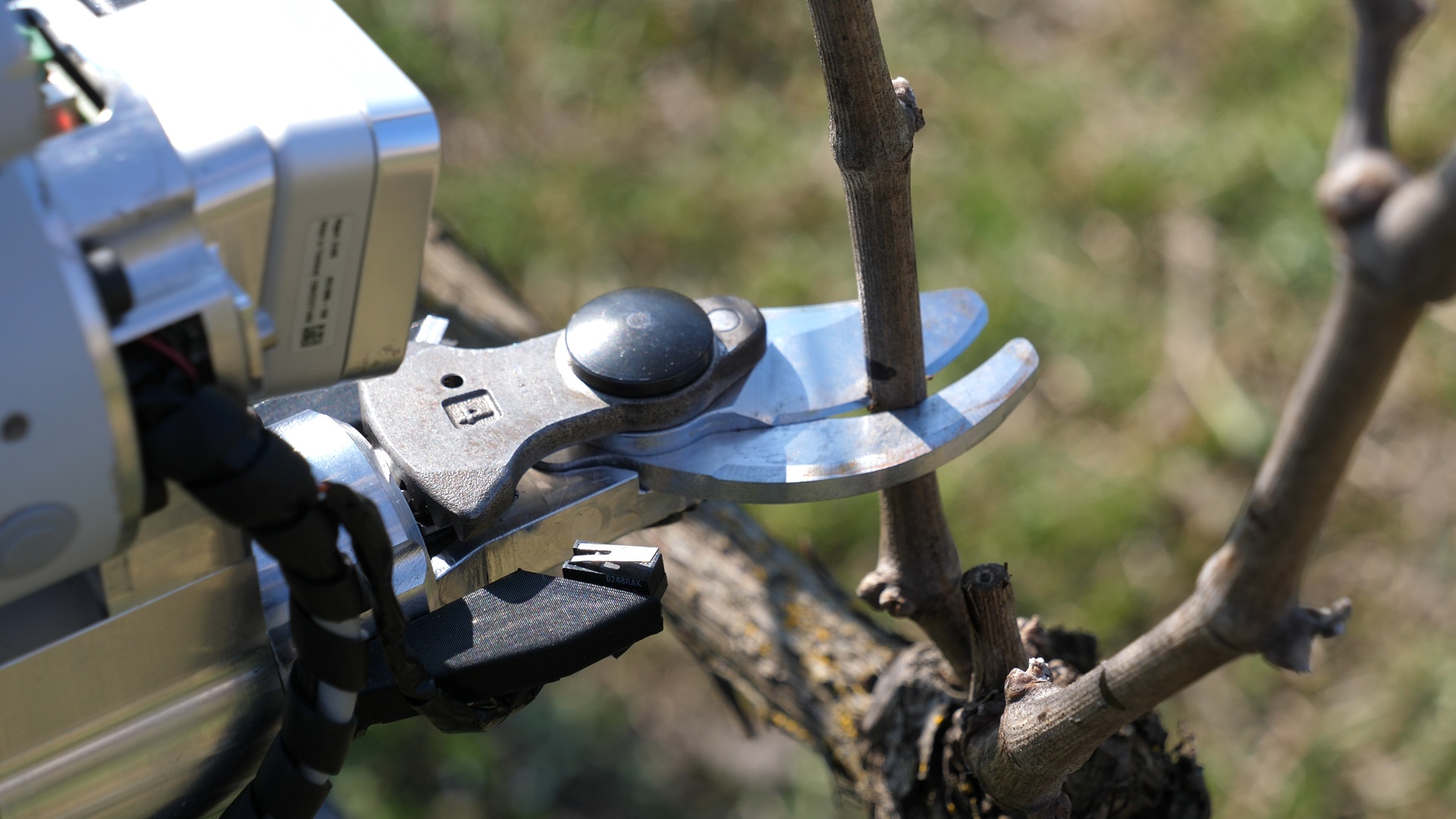
. SPOKE 3
Protection and care of the environment
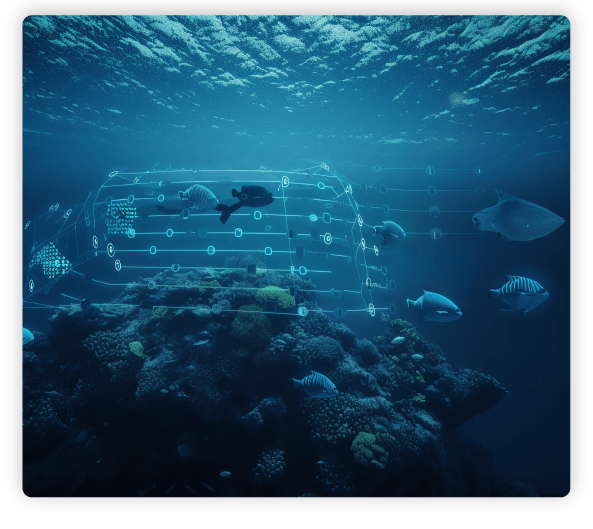
Spoke 3 develops innovative technological solutions to improve environmental monitoring and safeguard strategy and methodologies dedicated to the three environmental scenarios (water, air, soil) representative of the Ligurian territory.
The main challenge of Spoke 3 is to create innovative robotic systems, managed by AI, capable of making punctual and widespread monitoring that are also coupled and synergistic. Another goals of Spoke 3 are to increase the efficiency of data collection and their dissemination, to extend the duration and energy saving of monitoring missions and to improve the quality and timing of the various forecasting systems (early warning systems) dedicated to the protection and continuous monitoring of the environment (widespread, integrated and dynamic-adaptive monitoring).
SPOKE 3’s research and development activities aim to develop a new discipline, ecorobotics, which puts robotics and AI at the service of the environment, imagining new strategies for planning and implementing sustainable land management.
. COORDINATION
CNR
The National Research Council (CNR) is the largest public national research institution in Italy, the only one under the Research Ministry (MUR) performing multidisciplinary activities.
CNR was founded in 1923 and its mission is of carrying out scientific research projects in the main sectors of knowledge and applying the results for the development of the country, promoting innovation, the internationalization of the “research system” and promoting the competitiveness of the industrial system.
. COORDINATOR
Marco Faimali
Marco Faimali is currently Director of the Institute for Anthropic Impacts and Sustainability in the Marine Environment (IAS-CNR), President of the Genoa Research Area of the CNR and Professor of Marine Ecotoxicology at the University of Genoa.
Marco Faimali has been involved in applied research to the study of anthropogenic impacts in the marine environment for over 25 years and he is responsible for national and international projects, research contracts with SMEs and multinationals and has published over 100 peer-reviewed scientific articles.
